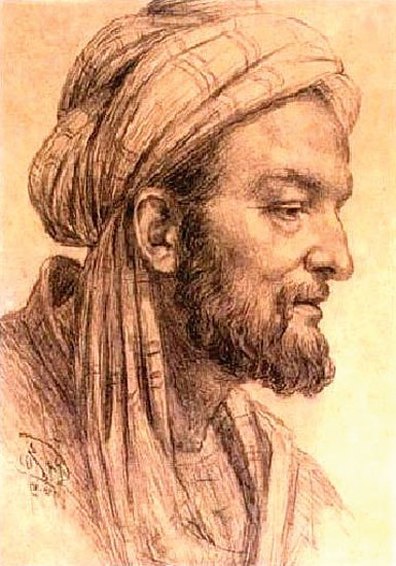|
Name: Avicenna also Ibn Sina or Abu Ali Sina
Born: 22 August 980 in Bukhara, Samanid Empire Died: 21 June 1037 (aged 56) in Hamadan Short Bio: Avicenna was an Iranian polymath who is regarded as one of the most significant physicians, astronomers, thinkers and writers of the Islamic Golden Age. Though he was more of a philosopher than a physician, he has been described as the father of early modern medicine. Of the 450 works he is known to have written, around 240 have survived, including 150 on philosophy and 40 on medicine. Contributions: Besides philosophy and medicine, Avicenna's corpus includes writings on astronomy, alchemy, geography and geology, psychology, Islamic theology, logic, mathematics, physics and poetry. School of Philosophy: Avicenna founded the Avicennism school of philosophy. |
Interesting fact(s):
Avicenna's book "The Canon of Medicine" remained a medical authority for centuries. It set the standards of medicine in Medieval Europe and the Islamic world and was used as a standard medical textbook through the 18th century in Europe. As a philosopher, his major summa the Cure (al-Shifa’) had a decisive impact upon European scholasticism and especially upon Thomas Aquinas, Roger Bacon and Duns Scotus.
Avicenna's book "The Canon of Medicine" remained a medical authority for centuries. It set the standards of medicine in Medieval Europe and the Islamic world and was used as a standard medical textbook through the 18th century in Europe. As a philosopher, his major summa the Cure (al-Shifa’) had a decisive impact upon European scholasticism and especially upon Thomas Aquinas, Roger Bacon and Duns Scotus.
